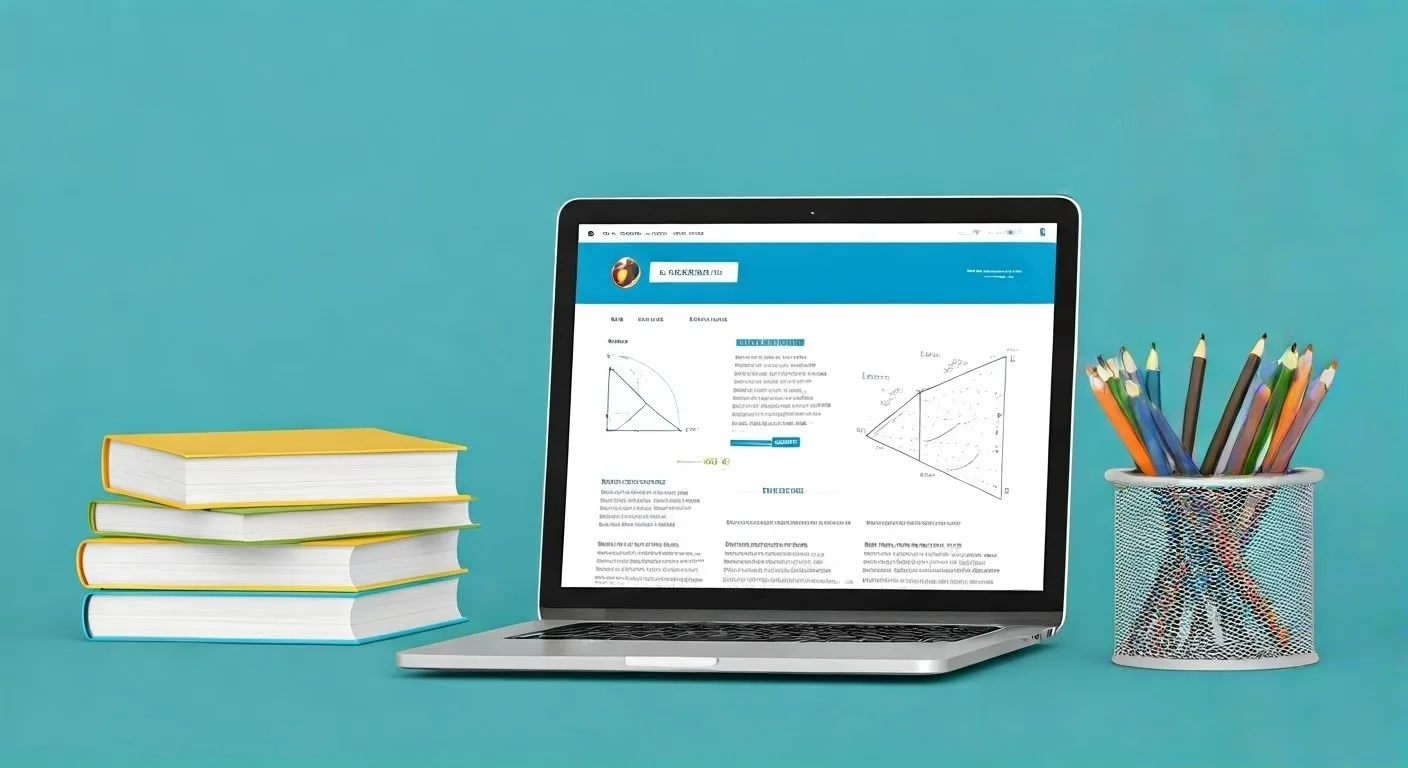Adaptive Learning in CSIR NET Coaching: Technology Trends
The landscape of competitive exam preparation, especially for prestigious exams like the CSIR NET (Council of Scientific and Industrial Research – National Eligibility Test), is rapidly transforming due to the integration of adaptive learning technologies. These technologies are redefining how students prepare, offering personalized, efficient, and targeted coaching experiences that were once unimaginable.
What is Adaptive Learning?
Adaptive learning is an educational method that uses computer algorithms and artificial intelligence to deliver customized resources and activities tailored to each learner’s unique needs. It continuously assesses a student’s performance and adapts the teaching content in real time, helping them focus on areas where they need the most improvement.
Why Adaptive Learning for CSIR NET?
The CSIR NET exam is known for its breadth and depth in subjects like Life Sciences, Chemical Sciences, Physical Sciences, Mathematical Sciences, and Earth Sciences. Given the rigorous syllabus, one-size-fits-all coaching methods often fall short. Adaptive learning addresses this by:
-
Identifying individual strengths and weaknesses
-
Providing real-time feedback
-
Prioritizing high-impact topics for each learner
-
Enhancing engagement through interactive content
Technology Trends Powering Adaptive Learning in CSIR NET Coaching
-
AI-Driven Learning Platforms
-
AI algorithms analyze students’ performance metrics and adapt learning pathways accordingly.
-
Platforms like Byju’s, Unacademy, and Gradeup use AI to suggest personalized study plans and mock tests.
-
-
Big Data and Learning Analytics
-
Aggregated data from thousands of learners helps refine learning modules.
-
Insights like average time spent on topics, common mistakes, and peer benchmarking guide both students and educators.
-
-
Smart Content Delivery
-
Dynamic content generation based on the learner’s pace and style.
-
Includes video lectures, quizzes, flashcards, and gamified assessments tailored to the CSIR NET syllabus.
-
-
Chatbots and Virtual Tutors
-
AI chatbots assist with doubt resolution 24/7.
-
Virtual tutors simulate human-like teaching, guiding students through complex problems.
-
-
Mobile and Cloud-Based Learning
-
Seamless access to learning material across devices.
-
Cloud storage ensures progress is tracked and accessible from anywhere.
-
-
Augmented Reality (AR) and Virtual Labs
-
For subjects like Life Sciences and Chemistry, AR-based simulations offer virtual lab experiences.
-
Enhances conceptual understanding without the need for physical lab access.
-
Benefits to Students
-
Customized Study Paths: No more wasting time on already mastered topics.
-
Higher Retention Rates: Personalized pacing improves long-term retention.
-
Motivation Boost: Gamified learning and real-time progress tracking keep learners motivated.
-
Better Exam Readiness: Focused preparation leads to better performance in mock and actual exams.
Challenges and Considerations
-
Access and Affordability: Premium adaptive platforms may be costly for some students.
-
Digital Literacy: Students must be comfortable using digital tools effectively.
-
Content Quality: The success of adaptive learning depends heavily on the quality of its content and data models.
The Road Ahead
As AI, machine learning, and data analytics continue to evolve, adaptive learning will become even more precise and accessible. For aspirants of CSIR NET, embracing these technologies could be the key differentiator in cracking the exam and accelerating their academic or research careers.







